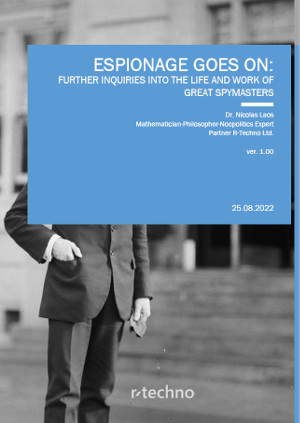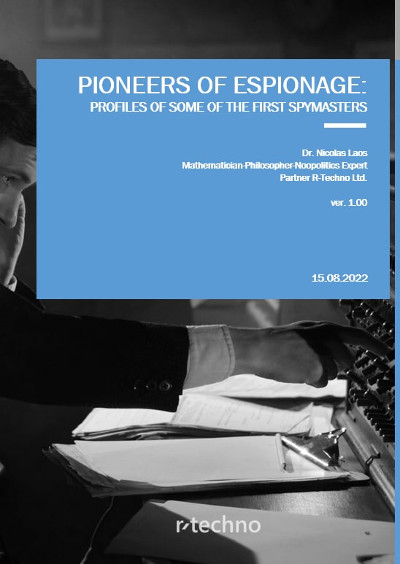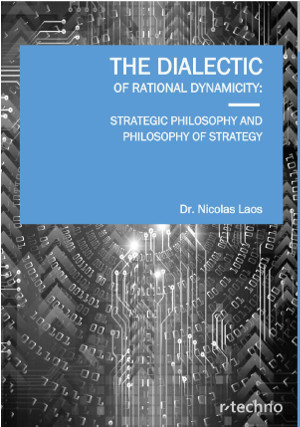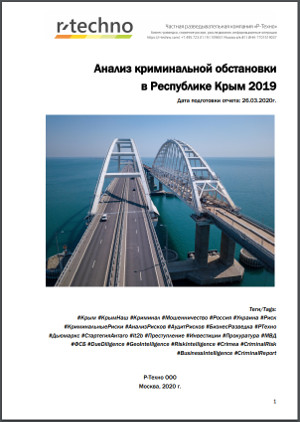Financial intelligence officers meet in St. Petersburg
نشرت 16 07, 2012 مؤلف CEO
Soueces: http://english.ruvr.ru/2012_07_12/Financial-intelligence/Author: Margarita Bogatova
The representatives of financial intelligence units have gathered in St. Petersburg for the 20th plenary session of the Egmont Group. Russia’s President Vladimir Putin has sent a welcome note to the forum’s participants.
The Egmont group was established in 1995 to strengthen international cooperation in fighting money laundering and financing terrorism. Russia joined the group in June 2002. Currently, the Egmont group unites financial intelligence units of 127 countries playing an important role in combating legalization of criminal incomes.
More than 400 experts including the chiefs of financial intelligence units, as well as observers and representatives of international organizations have gathered in St. Pete to exchange experience and information. We hear from Pavel Livadny, participant of the meeting, head of the Federal Service for financial monitoring.
"The Egmont group is a unique forum for interaction of financial intelligence units, establishing new international contacts and strengthening the current ones as well as channels for information exchange. At the current session a large number of bilateral agreements on interaction has been signed, in particular Russia has signed about ten agreements."
The forum was established to increase the efficiency of the interaction between financial intelligence units of different countries, Roman Romachev, general director of the economic intelligence agency R-Techno, says.
Money laundering usually concerns international transactions, so it necessary to interact with colleagues from other countries. Various organizations, forums of financial intelligence officers exist for this purpose. These organizations approve single standards, which are already being observed by international banks. Also in the West they have black lists of persons suspected of terrorism, and the financial intelligence organizations of different countries constantly exchange this information.
But every country has its on specific features, Romachev notes. For example, in Russia it is more difficult to trace illegal transactions because population and criminals use cash payments.
Annually the Egmont group holds a contest for the best investigation of money laundering cases. This year the Russian financial intelligence service has managed to enter the finals of the competition with an investigation of leak of millions and millions of dollars abroad. However in this investigation Russia used the assistance of financial intelligence services of 18 countries.






